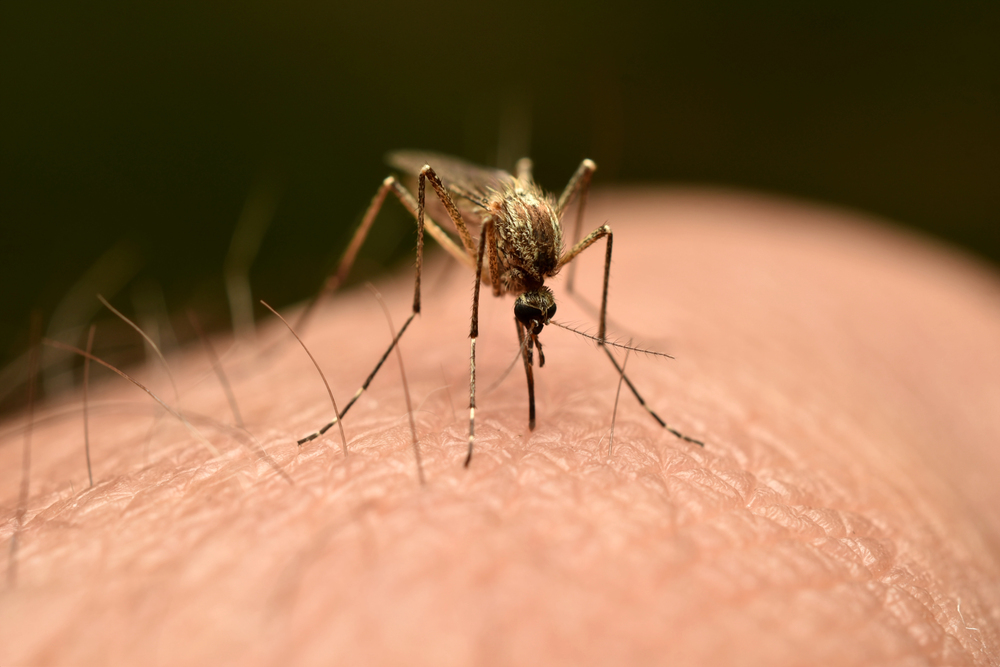Pest Control in Oklahoma: Mosquito Surge & West Nile Alert
Oklahoma is heating up, and so is the pest pressure. Two confirmed cases of West Nile virus and a wave of mosquito infestations are pushing homeowners across the state to act fast. Combine that with a fresh update to pest control licensing rules, and it’s clear—summer 2025 isn’t business as usual.
Here’s what’s happening and what you need to do.

West Nile Virus Confirmed in Oklahoma County
Two people in Oklahoma County have tested positive for West Nile virus, according to the county health department. This comes as mosquito activity spikes across the state, driven by high heat, humidity, and standing water.
Local pest control companies like Thunder Pest Control say they’re getting slammed with calls. “We’ve been seeing 15 to 20 mosquito treatment requests a day,” one technician told KOCO News. The demand is high because the risk is real.
Why it matters:
West Nile can cause flu-like symptoms, fatigue, and in rare cases, neurological issues. It spreads through mosquito bites, especially from Culex species common in Oklahoma.
If you’re near standing water—like birdbaths, clogged gutters, or low spots in your yard—you’re inviting mosquitoes in.
How You Can Protect Your Property
Homeowners are being urged to take simple but effective steps to reduce mosquito risk:
-
Eliminate standing water: Empty buckets, kiddie pools, clogged drains—anything that holds water.
-
Trim grass and shrubs: Mosquitoes rest in tall vegetation during the day.
-
Apply repellent: Use one with DEET or picaridin for outdoor time.
-
Dress smart: Long sleeves and pants help during peak hours (dawn and dusk).
For more thorough coverage, professional yard treatments are the way to go. Most pest control companies offer mosquito fogging or barrier sprays that last several weeks and are safe for kids and pets once dry.
These services aren’t just about comfort—they help avoid doctor visits and disease exposure.
Oklahoma’s Licensing Rules Just Got a Major Update
Whether you’re a pest control operator or considering getting into the business, there’s big news: the Oklahoma Department of Agriculture, Food and Forestry just released a detailed guide updating how pest applicator licenses are handled.
Here’s what’s changing:
-
License categories clarified: Private, commercial, and non-commercial licenses now have stricter definitions.
-
Updated requirements: There are clearer guidelines for passing exams, maintaining insurance, and registering your business.
-
Continuing education is required: Every certified applicator must take approved CE hours annually.
-
Fumigation and termite work: These have their own specific license paths, with added rules for safety and reporting.
If you’re running a pest control business in Oklahoma, you need to be aware of these changes. Failing to follow the updated rules could result in fines or loss of license. The new documentation also makes it easier to understand what’s expected, especially for those new to the industry.
Why This All Matters for You
The mosquito spike and updated regulations may seem unrelated, but they tie together in a simple way: Oklahomans need reliable, legal, and effective pest control.
If you’re a homeowner:
-
Don’t wait for an infestation. Preventive treatment is cheaper and safer than reacting to a problem too late.
-
Ask your pest control provider if they’re licensed and current with the state’s updated requirements.
If you’re in the industry:
-
Review the new licensing documentation.
-
Make sure you’re in compliance with CE hours and business licensing.
-
Educate your customers about the value of licensed service—especially when public health risks like West Nile are in play.
Final Takeaway
Summer pests aren’t slowing down, and neither is Oklahoma’s response. Whether you’re battling mosquitoes in your yard or navigating updated licensing as a professional, staying informed is the first step.
West Nile is here. Licensing rules have changed. Now’s the time to act smart—cut the risk and stay compliant.
Want help protecting your home from mosquitoes?
Contact your local, licensed pest control company for a no-pressure inspection and treatment plan. Fast action now beats regret later.
